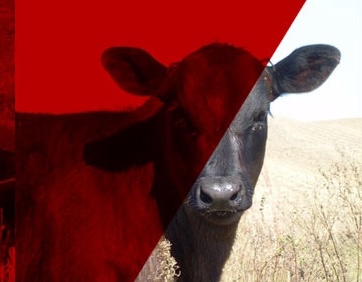There are many questions regarding the differences between written and unwritten agricultural land leases for cropland and for pasture. This Q&A focuses on the status of hunting rights on leased crop or pasture land.
Who has the hunting rights for leased land with a written lease? A written cropland or pasture lease can specify who has hunting rights. If the written lease does not reserve hunting rights in the landlord directly or indirectly, the hunting rights would go to the tenant for the duration of the lease.
This surprises most folks who wrongly believe that the landlord automatically retains many property rights that in fact go to the tenant during the lease term (unless the lease specifies otherwise).
A lease written by an attorney would normally directly address hunting rights (typically reserving them to the landlord) but a lease written by a non-attorney might overlook that issue.
I would advise tenants who want to keep their leases to discuss hunting rights with the landlord if those rights are not clear and not take action that could cost the tenant the lease when it is up for renewal.
Who has the hunting rights for leased land with no written lease? If the cropland lease is unwritten, the tenant has the hunting rights. This is under the general notion that in the absence of explicit limitations (as would be included in a good written lease), the tenant has full rights to use the land to the exclusion of all others---including the landlord--during the term of the lease.
For a May 1-October 1 unwritten pasture lease the same rule would likely apply but only during the May 1-October 1 period. That is, the tenant could have the hunting rights from May 1-October 1 but not outside that period without the express permission of the landlord.
Value of a written lease. Unwritten leases can lead to many questions (such as who has hunting rights) which can be anticipated and addressed with a well-written lease. For this reason landlords should have their attorney prepare written cropland leases and/or written pasture leases to make sure that the rights and obligations of both the landlord and tenant are clear to both parties.
Lease renewal considerations. Where the respective legal rights of the landlord and tenant are unclear, such as with an unwritten lease, the tenant should discuss potential issues with the landlord and be receptive to the landlord’s wishes. Common sense tells us that if the tenant’s actions go against the landlord’s wishes, the tenant is not likely to have the lease renewed.
Interviews with the authors of BeefWatch newsletter articles become available throughout the month of publication and are accessible at https://go.unl.edu/podcast.
Topics covered:
Marketing & risk management, Pasture & range, Marketing, budgets & management

